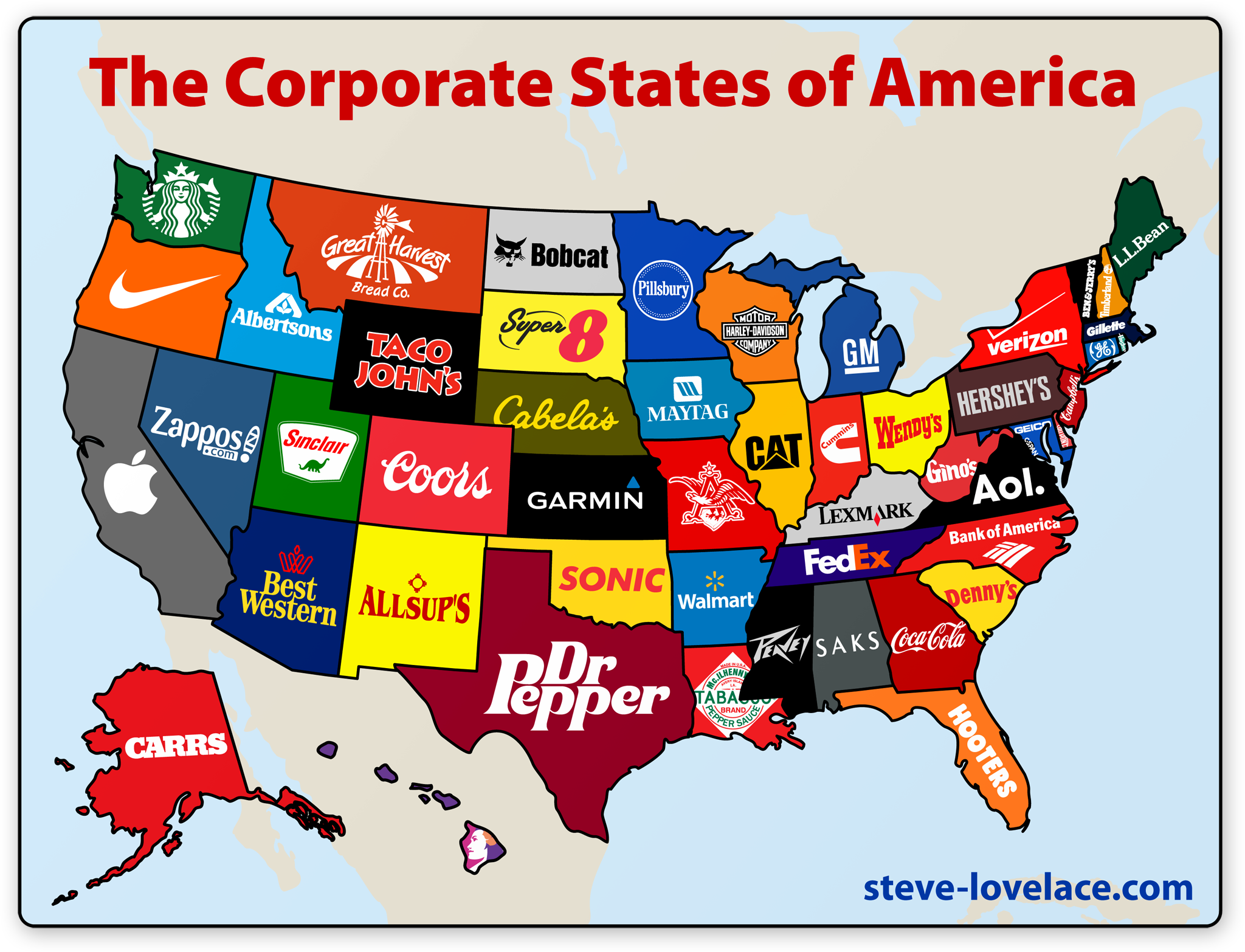

Additionally, the report highlights specific benefits of the “top four” model, in which the top four candidates from a non-partisan primary advance to a ranked choice voting general election. Unite America argues that a switch to nonpartisan primaries would alleviate this problem, as voters are no longer penalized for their political affiliations, allowing all voters to have a say in who advances to general elections. Because of this phenomenon, a small portion of the electorate decides which candidates will be on the ballot in general elections, effectively narrowing the candidate pool and preventing candidates with centrist views from advancing. The negative impacts of this system can be seen in the low national voter turnout in partisan primaries, with national voter participation being a meager 18% in 2014’s partisan primaries. This problem is captured by former Alaska state rep Chuck Kopp, who asserts that primaries create a system in which candidates “only have to message to and appeal to the extreme edge of the parties, left and right, and activate those to vote.” Elected officials worry they will be “primaried” and lose their seat if they express centrist views instead of appealing to their respective party, limiting bipartisanship by promoting extreme political positions, and causing a disconnect between politicians and the majority of voters. Political theorists such as Katherine Gehl argue that this system “is failing America,” as partisan primaries incentivize candidates to move far to the left or right, because Republican and Democratic primary voters tend to be heavily polarized and not representative of the state's voters as a whole. Unite America’s report exposes multiple problems with America’s current electoral system, arguing that partisan primaries do not truly serve the interests of voters, counteracting the principles of political representation enshrined in the Constitution. Reforms to primaries have the potential to greatly increase voter representation, candidate accountability, and civic engagement, making this study an important read for legislators and citizens alike. Unite America has published an insightful report detailing the benefits of implementing ranked choice voting (RCV) along with non-partisan primary elections, exploring how a move away from traditional partisan primaries would benefit the American people and alleviate many of the problems facing the electoral system.

As the first US president noted in his famed address, “The basis of our political systems is the right of the people to make and to alter their constitutions of government.”Ĭapitalizing on personal insight derived from Simon’s political campaign along with extensive research, Contract to Unite America provides specific, practical solutions for an improved government and a better tomorrow.This analysis reflects the opinion of the author rather than FairVote as an organization. However, the American promise is so much greater. In this comprehensive analysis of United States politics, Simon shows how degradations in party primaries, campaign finances, and election rules have caused American self-government to collapse into gridlock and divisiveness. He saw politicians prioritize loyalty to their party bases over progress for the American people. He watched as party leaders resisted pragmatic solutions to our nation’s problems. He experienced firsthand the perverse incentives that push candidates and lawmakers to ideological extremes. Despite his warning about the negative effects of party loyalties, the US government has become paralyzed by partisanship, allowing national challenges to go unaddressed.Īs an independent candidate for US Senate in 2018, Neal Simon witnessed the destructive nature of modern American politics. George Washington’s nightmare has been realized. The alternate domination of one faction over another, natural to party dissension.is itself a frightful despotism.


 0 kommentar(er)
0 kommentar(er)
